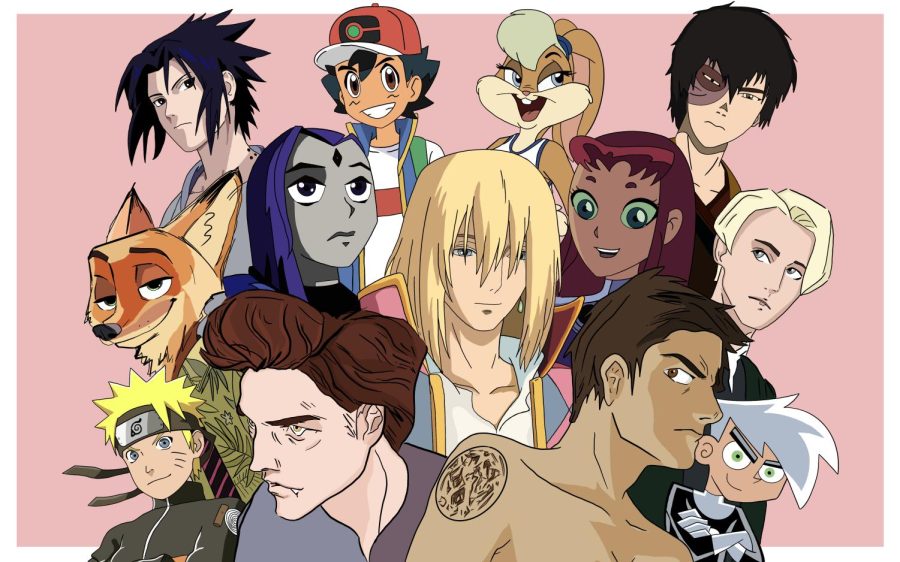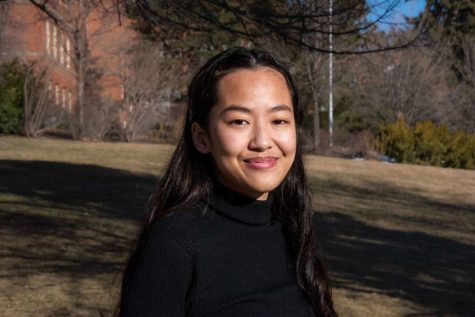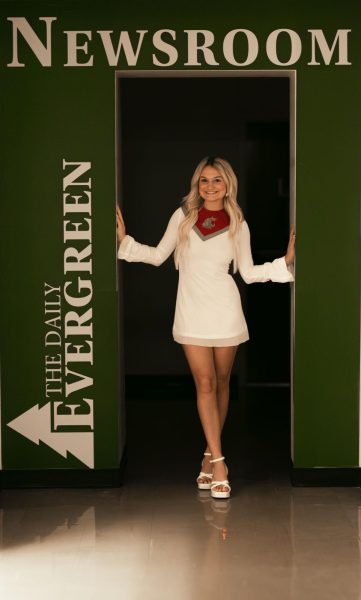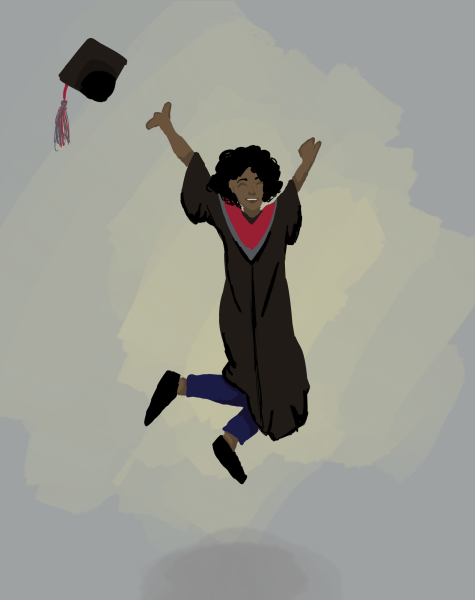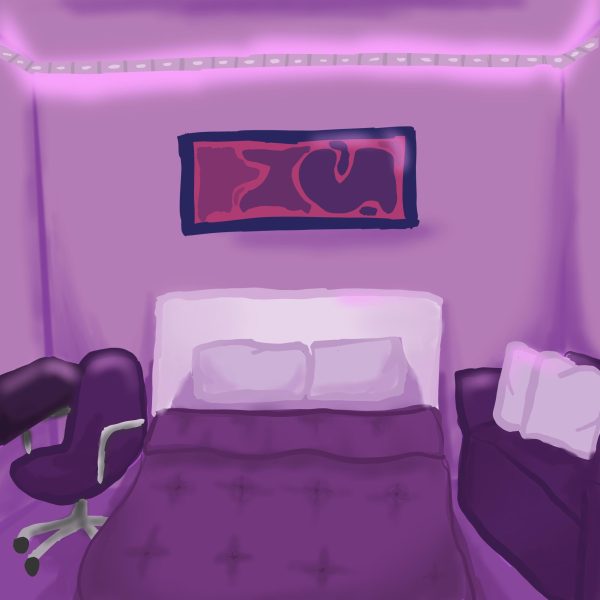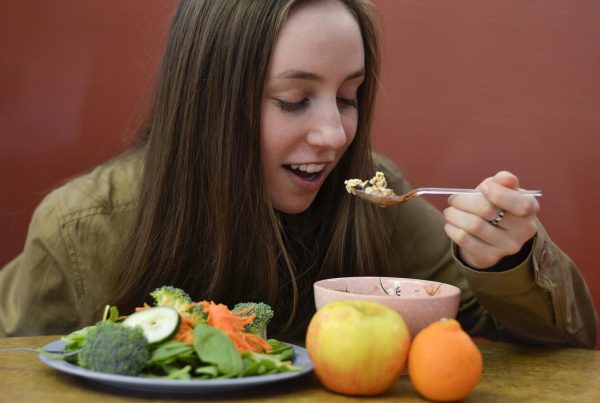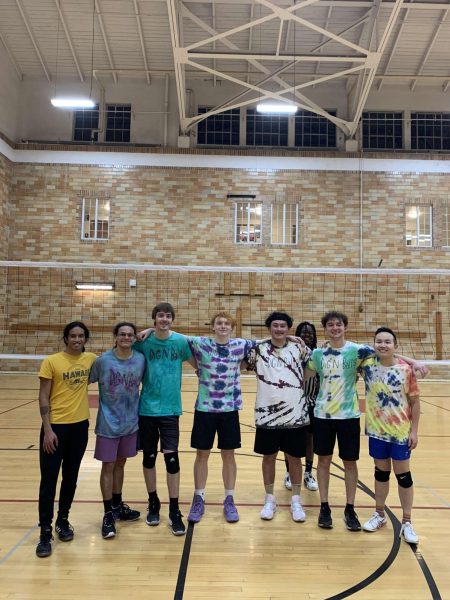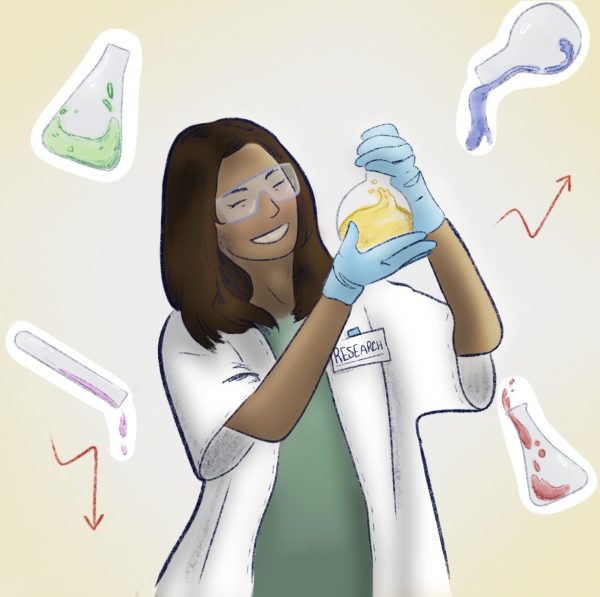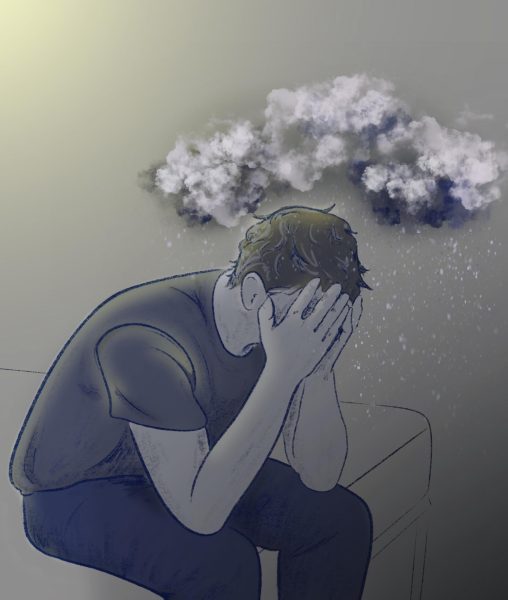Why do we fall for fictional characters?
On fictional loves and nonfictional heartbreaks
Childhood or adulthood, almost all of us have had fictional crushes.
February 9, 2023
My first crush was a fictional character.
Don’t get me wrong, I’ve had crushes on real boys as well. But no matter what, I always found myself falling for fictional boys more.
I never questioned it, either. My attraction to fictional boys was always just as real to me as my attraction to real ones. I am also not alone in this; almost everyone has had a fictional crush.
So why is that? Why do we fall for people who aren’t real, just as we do with people who are?
For starters, we do not differentiate between fictional characters and real people. Though we are aware that these characters aren’t real, we still act like they are.
According to a 1987 study from the Journal of Broadcasting & Electronic Media, people form parasocial, or one-sided, relationships with fictional characters the same way they form normal, social relationships with other people.
The study found that, as with any crush, we are first drawn to fictional characters because of an attraction to their personality, skills and abilities. Then, through a series of parasocial interactions, we begin to develop a parasocial relationship with them. We eventually consider these relationships to be as real and important as our relationships with friends or family in real life.
However, it is the one-sidedness of parasocial relationships that separates our fictional crushes from our real ones.
Unlike social relationships, what we feel is, unfortunately, not mutual. No matter how strong our feelings are for a fictional character, we will, of course, never be able to develop a relationship with them.
But therein lies the appeal.
The one-sidedness of our relationships with these characters allows us to interpret them however we wish, according to the original 1956 Psychiatry study that introduced the concept of parasocial relationships.
Like any other unrequited love, fictional characters can become substitutes for all we want and desire from real people. We see in them our ideals in a partner, whether those ideals be physical, like the color of their eyes, or mental, like their level of intelligence.
Thus, we can use these characters to explore love and relationships in ways we may not be able to otherwise. What we lack from romance in reality, we can find in fictional characters.
Everyone has felt sad, alone or heartbroken, or perhaps a combination of all three. And when we do, many of us seek escape through fiction.
When I experienced my first, real heartbreak because of a real boy, my melodramatic 15-year-old self thought she would never love again. Having fictional crushes helped me realize that my love life was not, in fact, over because of one boy.
Thus, though these characters may not be real, the hope that they give us is.
Fictional crushes allow us to believe that our fellow humans may be more kind, charming, thoughtful or romantic than we have experienced them to be. What’s more, fictional crushes give us a reason to bond over our shared nonfictional aches and pains.
Falling for a fictional character can be embarrassing, and really quite sad. But it is also necessary for our survival post-heartbreak. Rather than questioning why we do so, we should ask ourselves what would happen to us if we didn’t.

